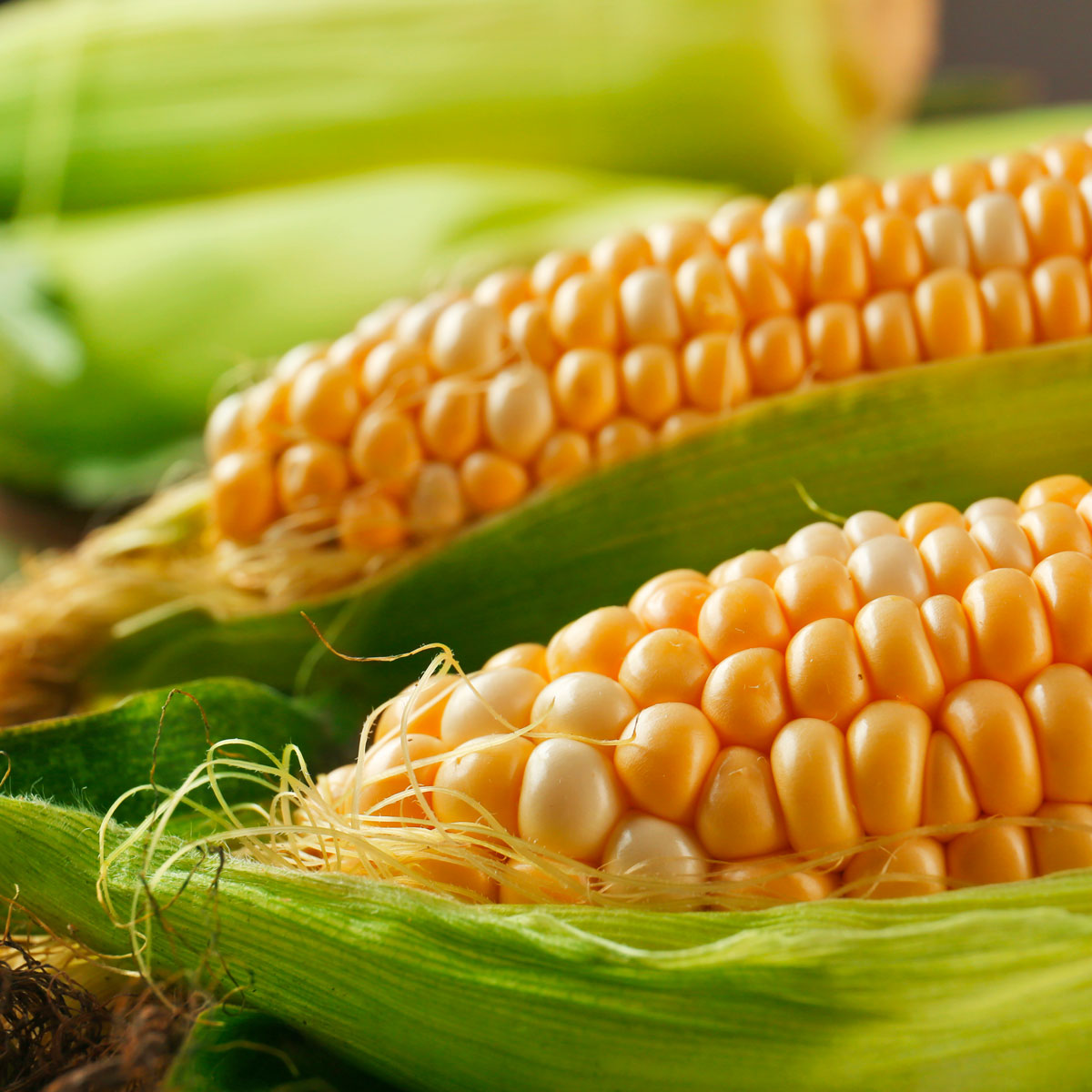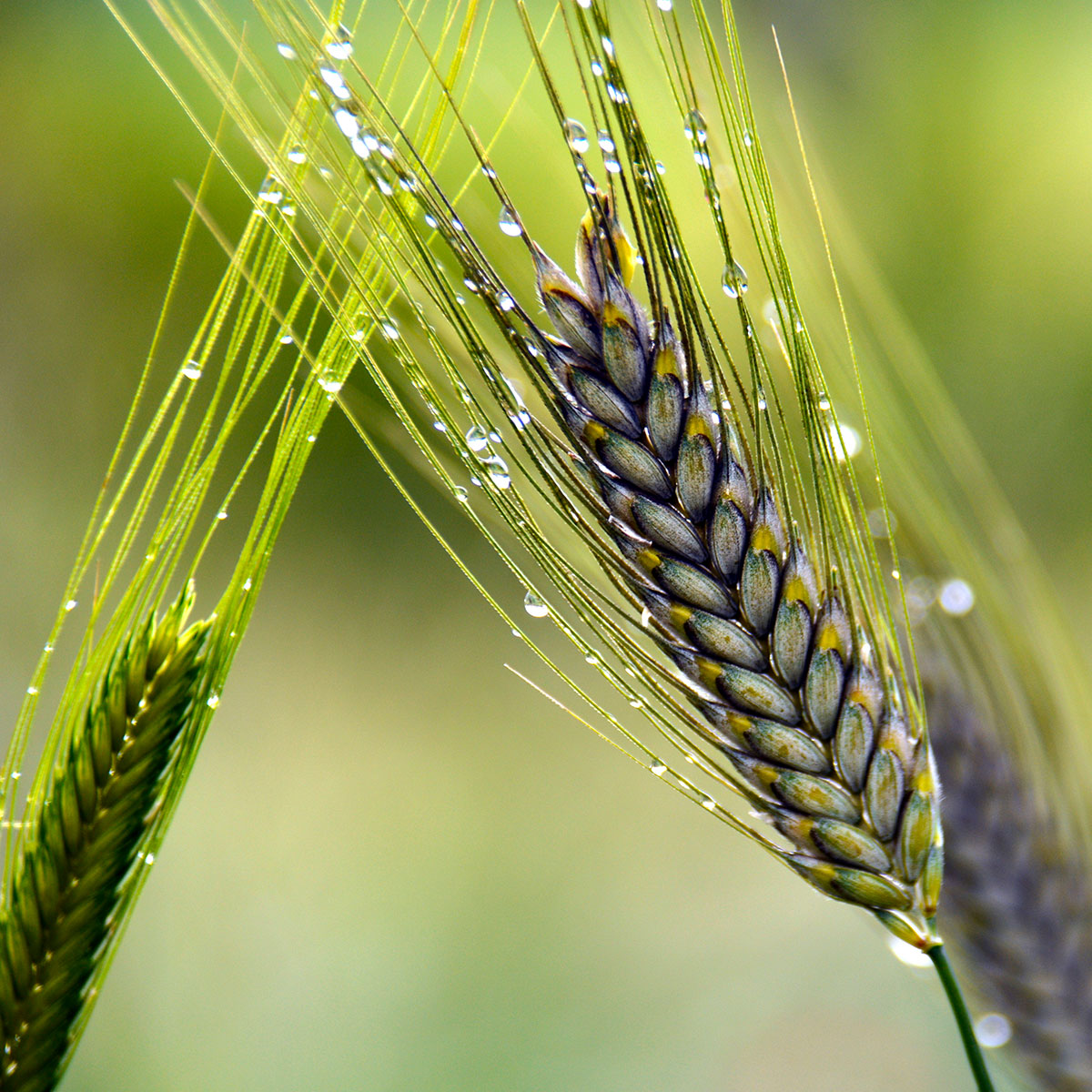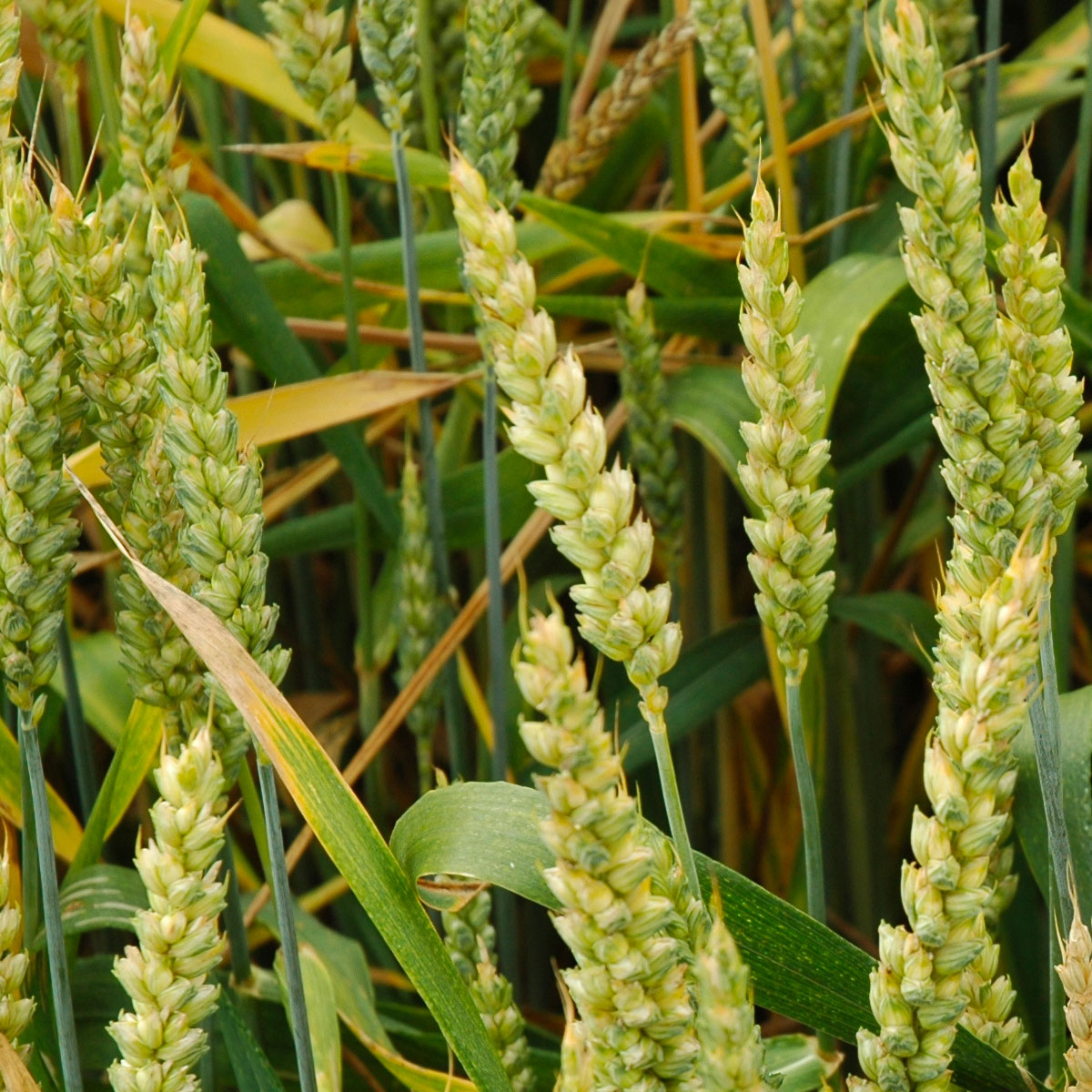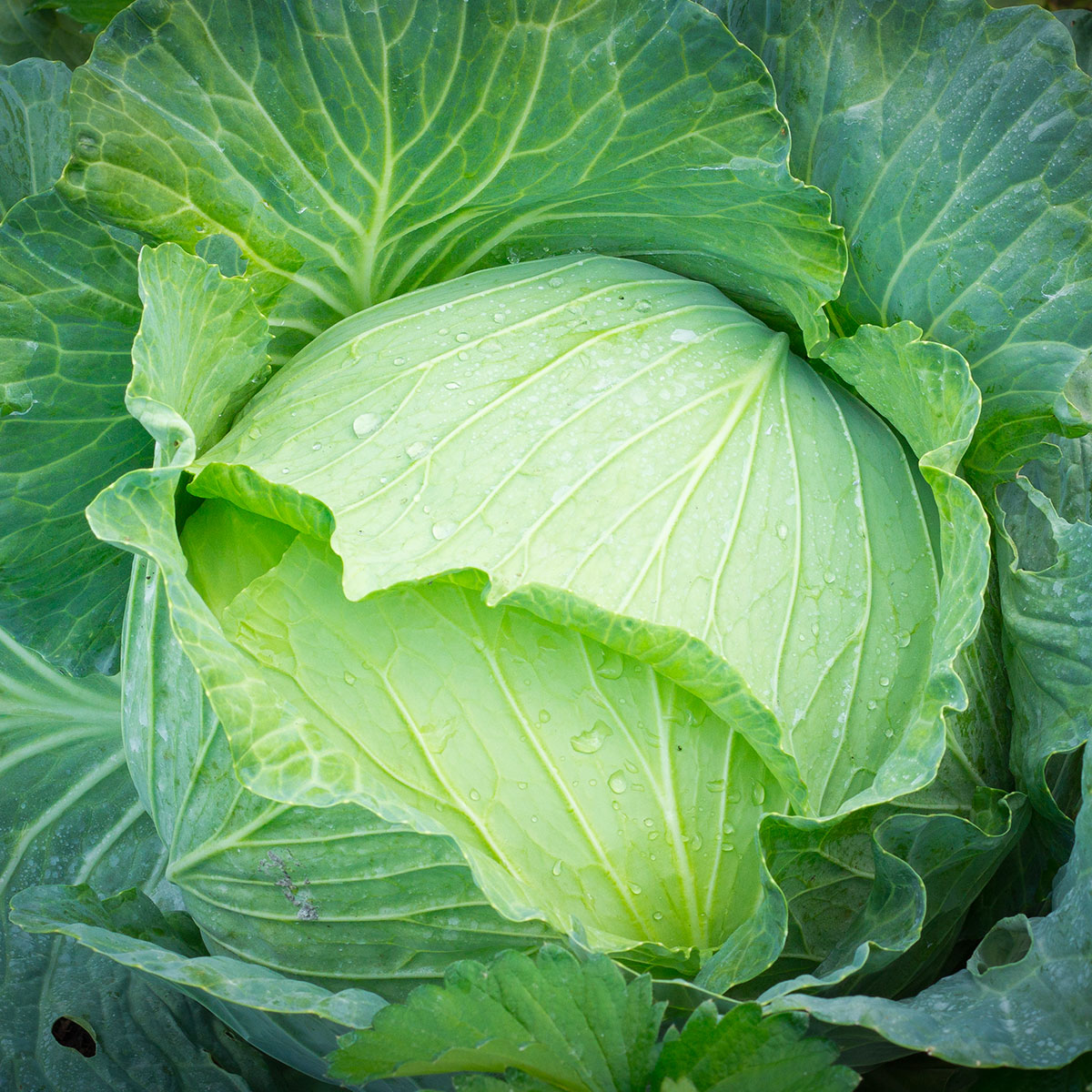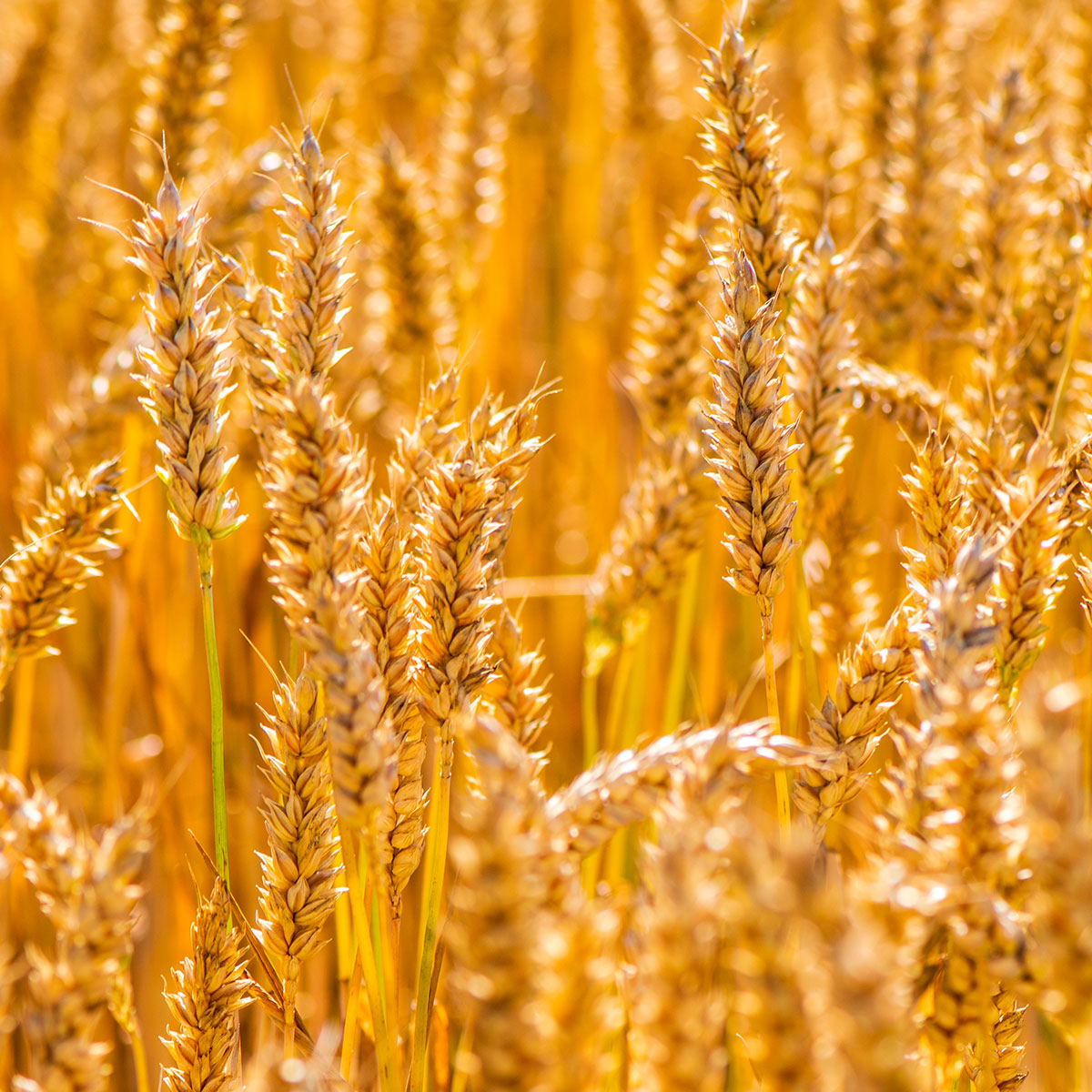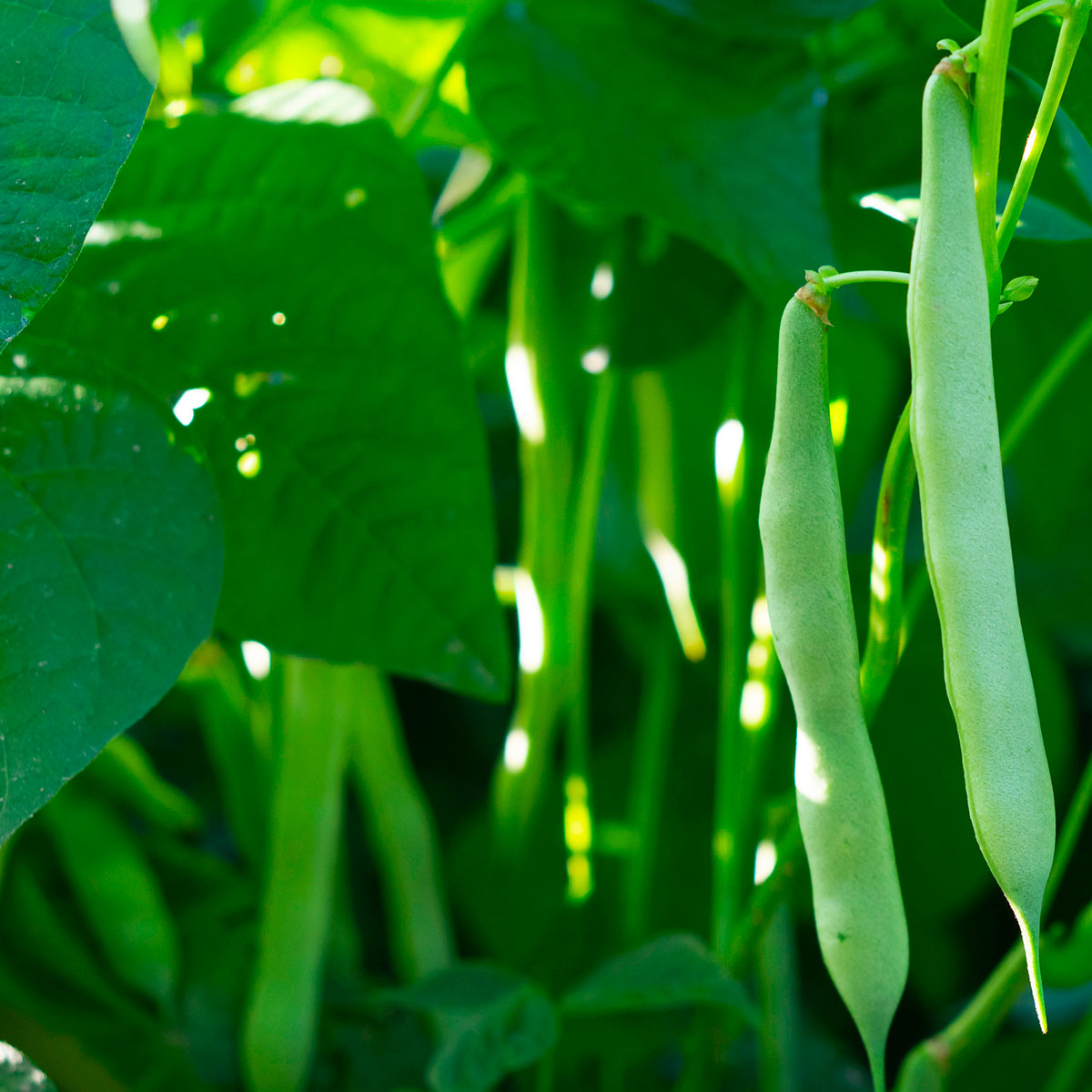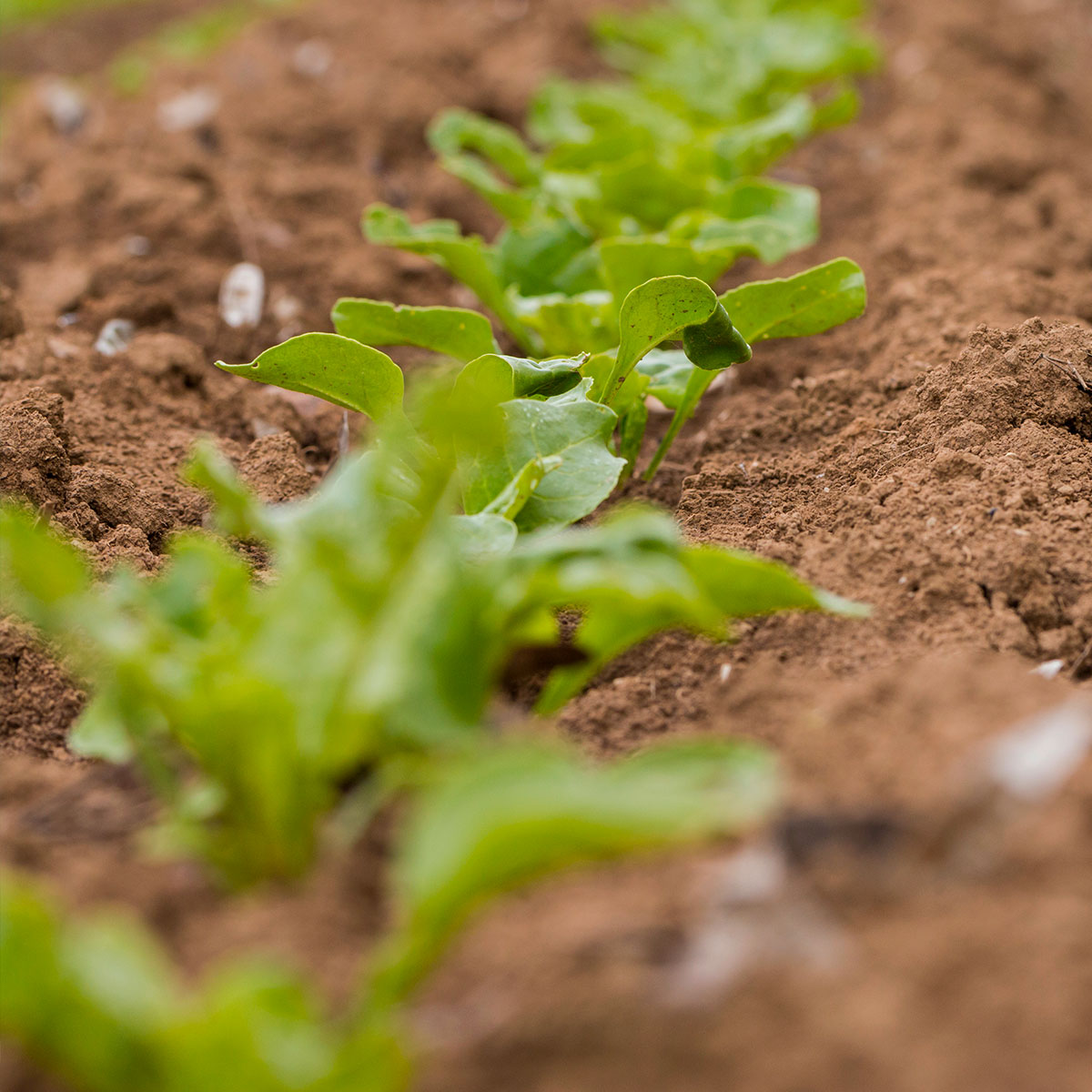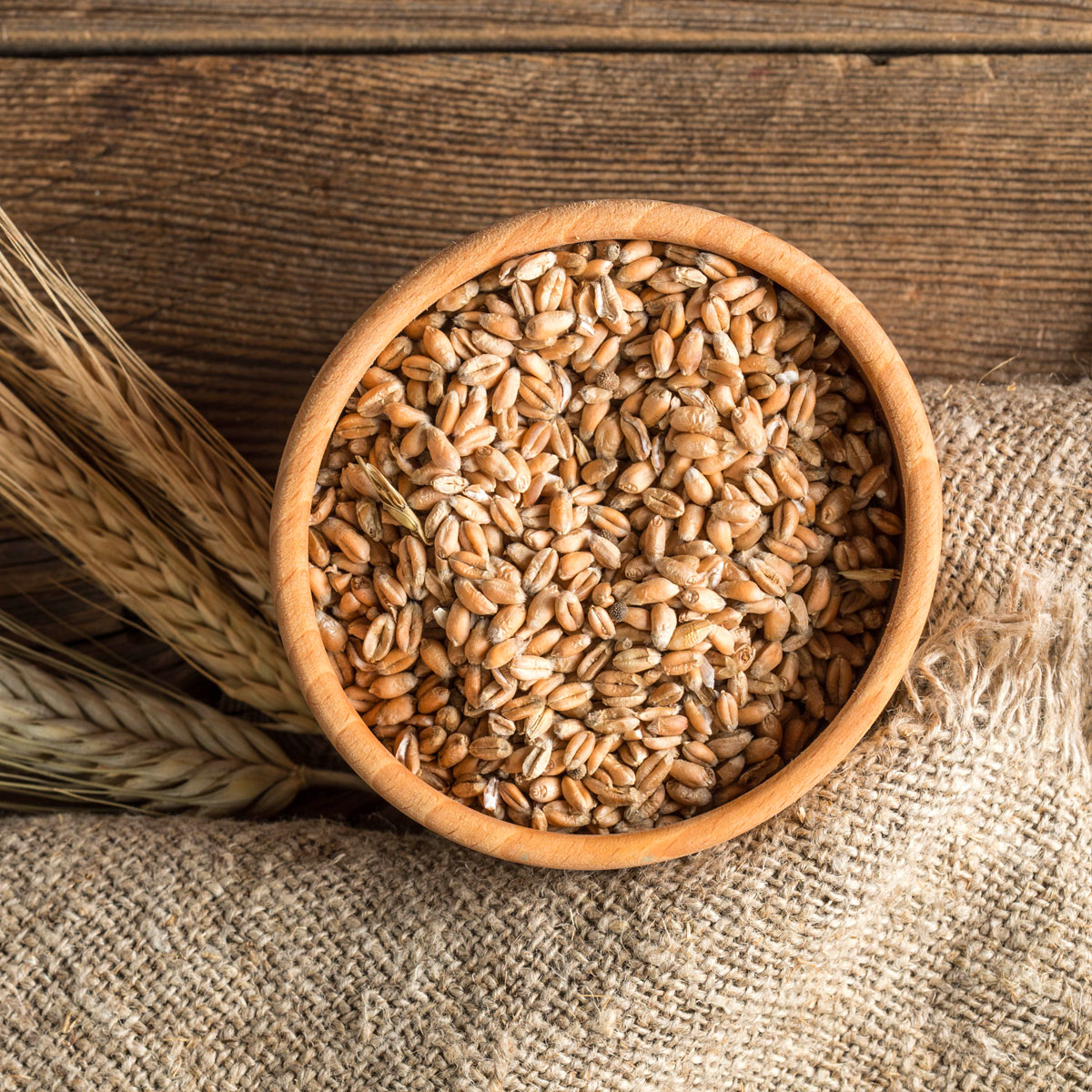

Durum wheat
Durum Wheat from Integrated and Organic Production
One characteristic that distinguishes durum wheat from soft wheat is that at maturity the caryopses are glassy and not floury.This is due to the particular protein composition of durum wheat, which therefore gives mainly semolina and not flour. The properties of durum wheat proteins mean that the masses obtained by kneading semolina with water are particularly suitable for making pasta. In addition to the widespread pasta, many Mediterranean foods are based on durum wheat, of which the best known are couscous and bulgur. Some special types of bread are made from durum wheat flours.
